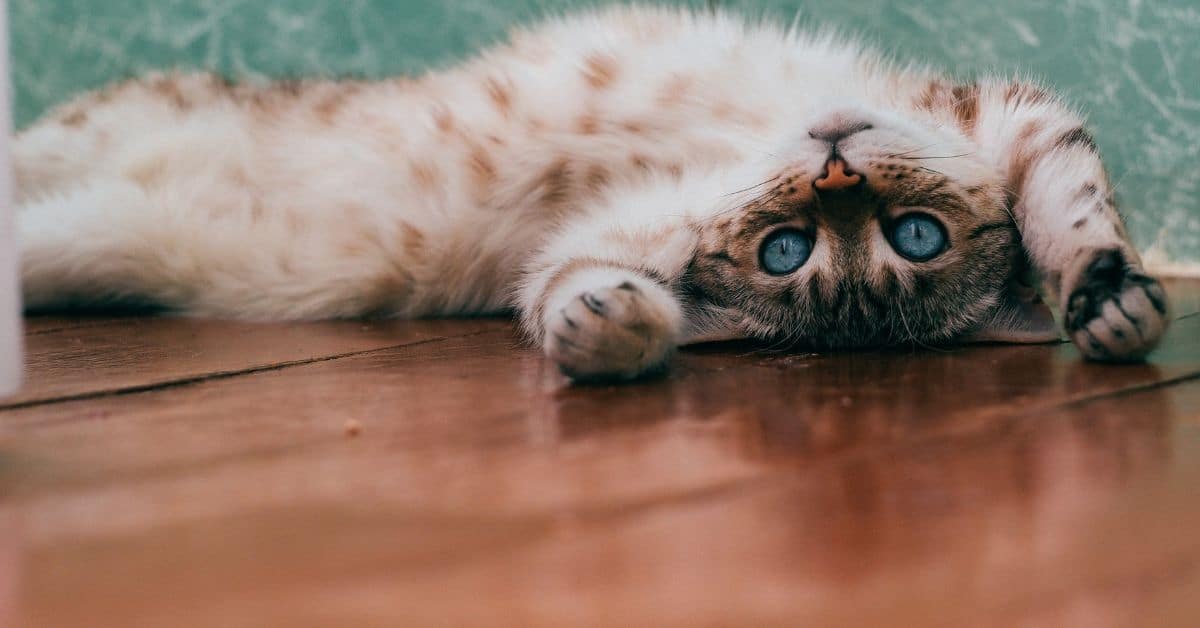Antioxidants are compounds that are essential to protect the body from free radicals, which can be neutralized by specific molecules in foods. Vitamin E is one of the most common antioxidants and is proven to have many significant health benefits for the body. These include preventing free radical damage and protecting cells from oxidation. Foods that are rich in Vitamin E contain many benefits for humans and often provide a source of this vitamin, which can be prevented by taking it. know the right limit of how much vitamin e can I give my cat.
What is Vitamin E?
In order to develop strong and healthy muscles, healthy circulatory systems, and a healthy immune system, your pet needs vitamin E. Vitamin E is fat-soluble and essential for a healthy body. In addition, it acts as an antioxidant, helping to prevent cells from being damaged by free radicals.
Its outer shell carries a single highly reactive electron, making it a quenching agent for reactive free radical molecules.
Vitamin E is a compound group called tocopherols and tocotrienols and is naturally occurring in four different forms.
Vitamin E for Cats

The vitamin E in your cat’s diet is essential. A cat’s skin can receive great benefits from vitamin E, such as the treatment of eczema, mites, and flea allergies.
Moreover, Vitamin E protects cells from oxidative damage, which can damage the membranes of the body, threaten the heart’s health, damage eyesight, and impair the functioning of the mind.
Fish is usually the major component of cats’ diet, so they are more likely to suffer from Vitamin E deficiency than dogs. It has been found that cats feeding exclusively fish diets may develop a syndrome known as nutritional fat necrosis, which is associated with a rare form of cancer common in middle-aged and older cats.
The recommended Vitamin intake for adult cats is 30g of Vitamin E per 1kg of food. Kittens, on the other hand, require more Vitamin E. This might vary depending on other factors and conditions of the cat. For example, a lactating and pregnant cat might require more Vitamin E.
Vitamin E supplements may be beneficial if your cat is healthy and active. However, they are not a replacement for a complete, balanced diet containing all of the nutrients your cat needs. Considering cats are carnivores, Vitamin E is vital for them, and plants have a much more significant amount than meat.
Vitamin E deficiency
Cats aren’t at risk of overdosing on vitamin E, but they could suffer from vitamin E deficiency. Deficient levels of this vitamin can cause damage to your cat’s vital organs, such as the heart, liver, and nerves, because of its role in cell function. Deficient cats may also suffer from brown bowel syndrome from deteriorating bowels. A vitamin E insufficiency can also cause steatitic, or yellow fat disease, which causes a dull, oily coat, lumpy fat deposits under the skin, drowsiness, decreased appetite, discomfort, and fever.
Ways to administer Vitamin E
- In their meals. Give your pets sufficient Vitamin E dosage by choosing foods that contain Vitamin E. Most of the time, canned, semi-moist, and dry canned foods contain Vitamin E. Make sure to check the nutritional information of your cat’s food.
- Dietary supplement. If your pet is at risk of Vitamin E deficiency, your veterinarian may prescribe Vitamin E supplements for your cat. Supplements are taken orally.
- Topical Vitamin E. For coat and skin health, you may topically apply Vitamin E to your pet. This may come in the form of shampoo, oils, or other topical products. Topical Vitamin E usually helps with itchiness and eczema.

Conclusion
Many people feed their cats a variety of canned and dry food, but when it comes to vitamin E, they’re not sure how much their cat needs. With a healthy diet, the cat’s body will produce its own vitamin E. However, in the absence of good dietary sources, supplements can be added to the diet.
FAQs
What are the benefits of Vitamin E?
Vitamin E can help improve the appearance of your cat by making their coats shinier and healthier. Vitamin E is also known to help improve the immune system and boost fertility. Improve cardiovascular health, muscular function, and eyesight of your pets.
Is Vitamin E toxic for cats?
No, the dangers of Vitamin E deficiency are way greater than overdosing on Vitamin E. Cats rarely overdose from Vitamin C.
